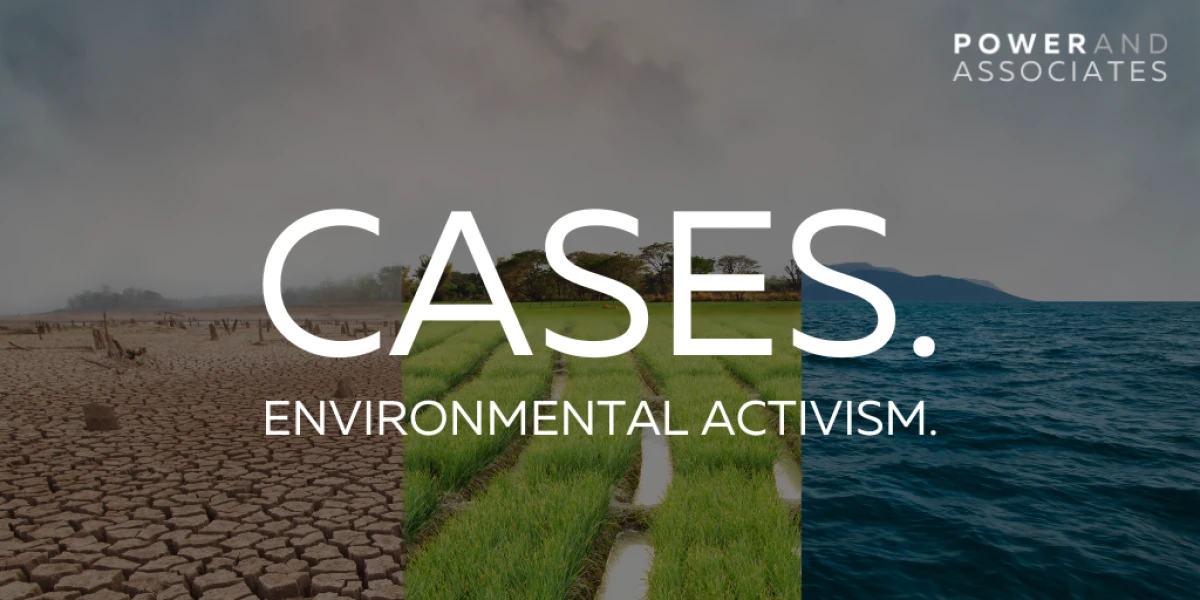UN Human Rights Committee delivers ruling on climate change and refugees
Ioane Teitota v New Zealand, Communication No. 2728/2016
Date of ruling: 7 January 2020
Tribunal: United Nations Human Rights Committee
*****
Factual background
The author of the communication – Ioane Teitota – was a national of the Republic of Kiribati, who had applied for refugee status in New Zealand. According to Teitota, the effects of climate change and sea level rise forced him to migrate from Kiribati to New Zealand. He submitted further that the situation in Kiribati had become increasingly unstable and precarious due to sea level rise caused by global warming: fresh water had become scarce because of saltwater contamination and overcrowding; attempts to combat sea level rise had largely been ineffective; and inhabitable land had eroded, resulting in a housing crisis and land disputes that had caused numerous fatalities. Teitota therefore argued that Kiribati had become an untenable and violent environment for him and his family.
In response to Teitota’s claim for asylum, the Immigration and Protection Tribunal (IPT) of New Zealand issued a negative decision. However, the IPT did not exclude the possibility that environmental degradation could create pathways for refugee status. The Court of Appeal and Supreme Court each denied Teitota’s subsequent appeals regarding the same matter.
Teitota therefore approached the United Nations Human Rights Committee (Committee), arguing that New Zealand was in violation of his right to life in terms of article 6 of the International Covenant on Civil and Political Rights (ICCPR). Specifically, he contended that sea level rise in Kiribati had resulted in (i) the scarcity of habitable space, which had in turn caused violent land disputes that endangered the his life; and (ii) environmental degradation, including saltwater contamination of the freshwater supply. Teitota therefore claimed that, by removing him to Kiribati, the New Zealand authorities had subjected him to a risk of his life, and had failed to properly assess the risk in his removal.
Ruling
As a point of departure on the merits, the Committee noted that states have a general obligation in terms of the ICCPR not to extradite, deport, expel or otherwise remove a person from their territory when there are substantial grounds to believe that there is a real risk of irreparable harm, such as that contemplated under the right to life in article 6 of the ICCPR. The Committee also noted that the right to life cannot be properly understood if it is interpreted in a restrictive manner, and that the protection of the right requires states to adopt positive measures.
According to the Committee, “environmental degradation, climate change and unsustainable development constitute some of the most pressing and serious threats to the ability of present and future generations to enjoy the right to life”. The Committee also recalled its previous rulings, as well as those of regional human rights tribunals, that have held that environmental degradation can compromise effective enjoyment of the right to life, and that severe environmental degradation can adversely affect an individual’s well-being and lead to a violation of the right to life.
Importantly, in respect of climate change and refugees, the Committee observed as follows:
The Committee takes note of the observation of the Immigration and Protection Tribunal that climate change-induced harm can occur through sudden-onset events and slow-onset processes. Reports indicate that sudden-onset events are discrete occurrences that have an immediate and obvious impact over a period of hours or days, while slow-onset effects may have a gradual, adverse impact on livelihoods and resources over a period of months to years. Both sudden-onset events (such as intense storms and flooding) and slow-onset processes (such as sea level rise, salinization, and land degradation) can propel cross-border movement of individuals seeking protection from climate change-related harm. The Committee is of the view that without robust national and international efforts, the effects of climate change in receiving states may expose individuals to a violation of their rights under articles 6 or 7 of the Covenant, thereby triggering the non-refoulement obligations of sending states. Furthermore, given that the risk of an entire country becoming submerged under water is such an extreme risk, the conditions of life in such a country may become incompatible with the right to life with dignity before the risk is realized. (Emphasis added.)
In the present matter, however, the Committee held that the facts before it did not permit it to conclude that Teitota’s removal to Kiribati violated his rights under article 6 of the ICCPR. Nevertheless, the Committee noted that the ruling was made without prejudice to the continuing obligation on New Zealand to take into account, in future deportation cases, the situation at the time in Kiribati, as well as new and updated data on the effects of climate change and rising sea levels.
In the dissenting individual opinion of Committee member Sancin, the issue of the lack of access to safe drinking water was emphasised, noting that New Zealand had failed to establish that Teitota and his family had access to safe drinking or potable water in Kiribati. The dissenting opinion therefore disagreed with the Committee’s conclusion that there had been no violation of the right to life under article 6 of the ICCPR.
The full opinion is accessible here.
Please note: The information contained in this note is for general guidance on matters of interest, and does not constitute legal advice. For any enquiries, please contact us at [email protected].





